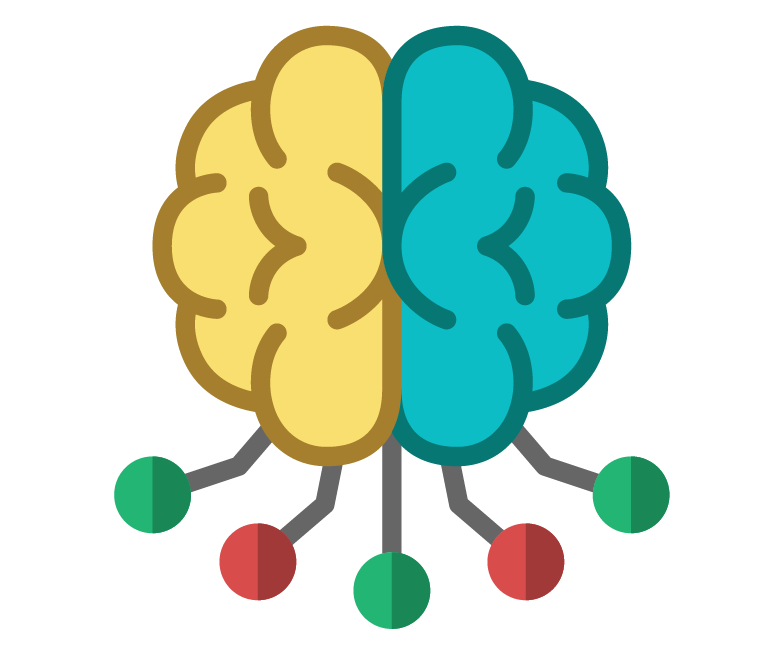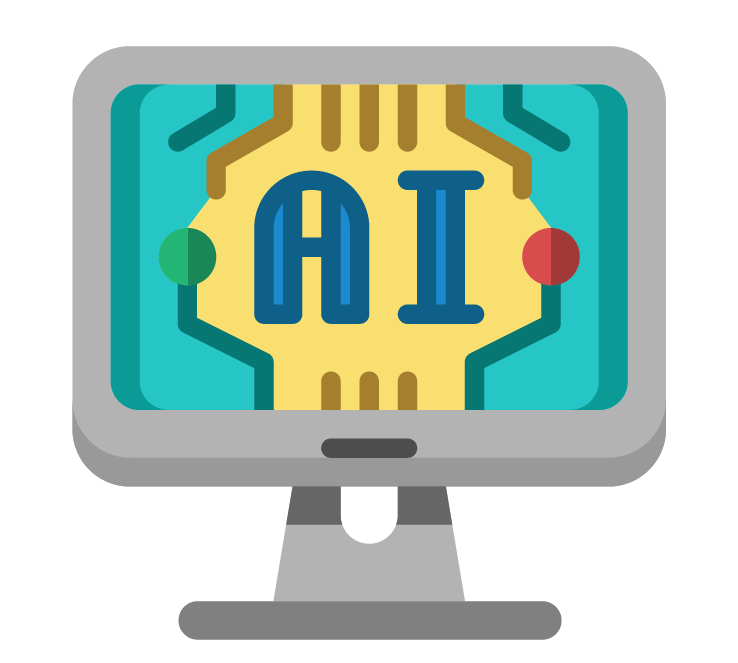Primary tabs
ATTEND ONLINE: Blueprints for Trust: Best Practices and Regulatory Pathways for Ethical AI in Healthcare

SEE THE RECORDED SESSIONS ON THIS PAGE.
About the event:
The "Blueprints for Trust: Best Practices and Regulatory Pathways for Ethical AI in Healthcare" conference aims to bring together healthcare professionals, researchers, policymakers, ethicists, and industry leaders to explore the latest breakthroughs, challenges, and prospects of Artificial Intelligence (AI) in medicine. This conference aims to foster collaboration, encourage the exchange of ideas, and facilitate networking among diverse stakeholders to stimulate innovation and ensure AI's responsible and ethical integration in the medical field. Program begins at 8:30 AM EST and ends at 4 PM EST. Online room opens at 8 AM EST.
Please click here to view the Conference Webpage.
Register to attend online below.
You can also add your comments on these topics on our online discussion forums.
Significance:
As AI continues to make impressive progress, there is a pressing need for clear guidelines to ensure the development and regulation of these systems maintain trust and safety. The Division of Clinical Informatics at Beth Israel Deaconess Medical Center (BIDMC) has previously co-organized conferences with AMIA on the secondary use of data and health privacy, significantly influencing General Data Protection Regulation (GDPR) policy development and implementation. It is now the perfect time for DCI and AMIA to collaborate again to help shape one of the most transformational technologies to impact healthcare.
Target Audience:
This exclusive, invitation-only event aims to attract a diverse range of professionals, including representatives from academia, corporations, the US Government, national medical societies, ethicists, patients and advocates interested in the evolution of healthcare through AI. The conference will serve as a platform for attendees to engage with industry thought leaders, participate in keynote addresses, panel discussions, and breakout sessions, and delve into crucial topics such as trust and transparency, ethical considerations, bias and health disparities, governance and policy, and real-world data applications in healthcare. Distinguished Speakers: Our conference will feature distinguished speakers from academia, government, and the private sector. These eminent leaders will offer invaluable insights and expertise on various aspects of AI in healthcare, equipping attendees with the knowledge and perspectives to navigate this complex field.
Keynote Sessions
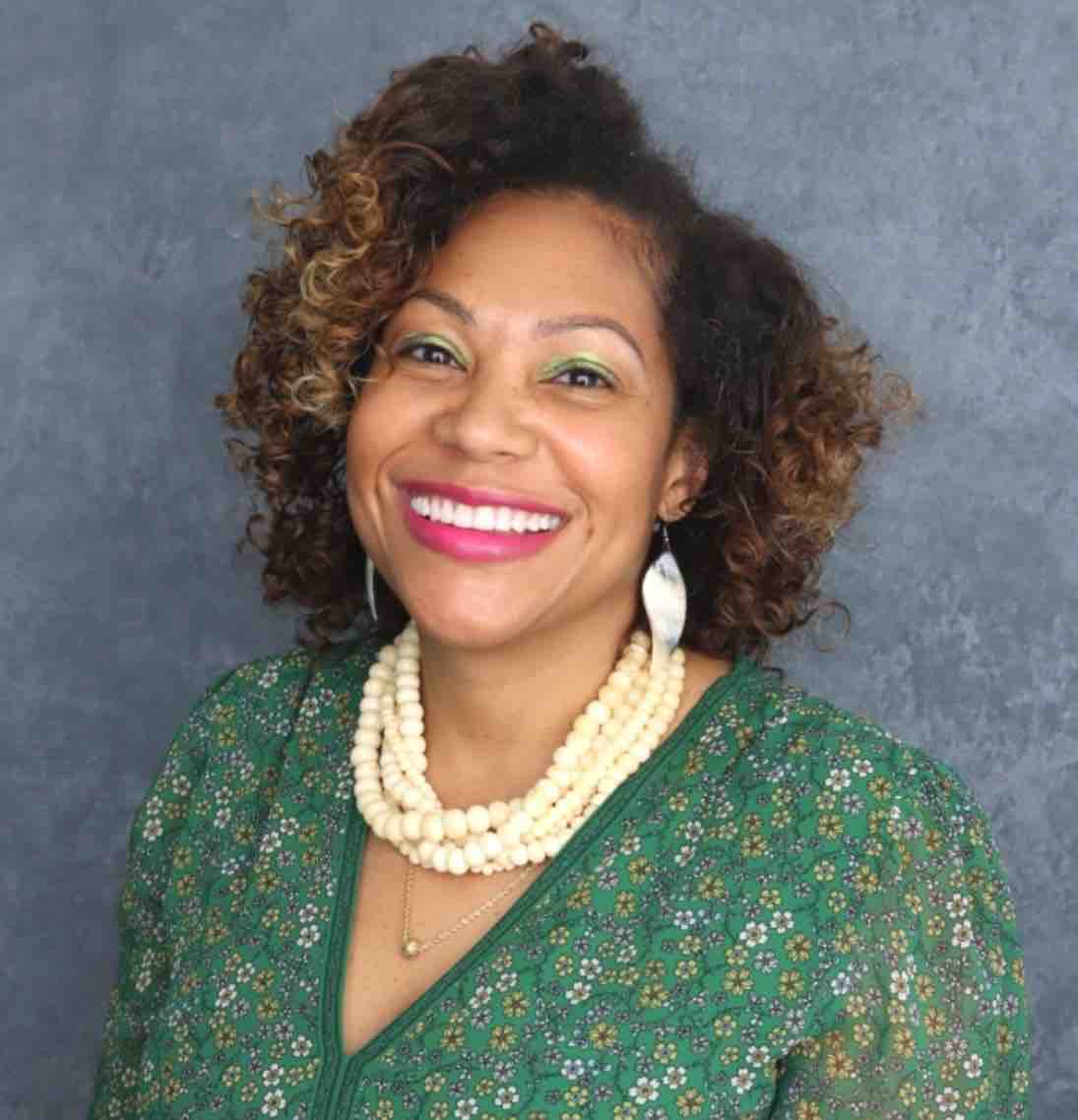
Tiffani J. Bright, PhD, FMI
Co-Director, Center for Artificial Intelligence Research, Department of Computational Biomedicine, Cedars-Sinai Medical Center

Isaac Kohane, MD, PhD
Chair of the Department of Biomedical Informatics, Harvard Medical School
Marion V. Nelson Professor of Biomedical Informatics, Harvard Medical School
Associate Professor of Medicine, Brigham and Women's Hospital

David Bray, PhD
Loomis Council Co-Chair & Distinguished Fellow
Dr. David A. Bray is both a Distinguished Fellow and co-chair of the Alfred Lee Loomis Innovation Council at the non-partisan Henry L. Stimson Center
See full bio below.
Panels Sessions
Panel 1 - AI for Real-World Evidence:
- How do we ensure the datasets used to train these systems have equity and diversity?
- How can you validate the outputs of AI systems?
- How do you ensure it is not used to intentionally or unintentionally discriminate against people and groups?
- Whether and how to continue validating such outputs from AI systems with the updates and potential drifts?
Panelists:
- Mark G. Weiner, MD, FACMI, Deputy CIO for Health System and Research Analytics, Professor of Clinical Population Health Sciences and Medicine, Weill Cornell Medicine, New York-Presbyterian
- Robert Stolper, Managing Principal, Head of Enterprise Transformation Strategy, IQVIA
- Sheela Kolluri, PhD, Clinical Domain Lead, Artificial Intelligence, Data & Analytics (AIDA), Pfizer Digital
- Session Chair: Amar Das, MD, PhD, FACMI, FAMIA, Vice President, Real World Evidence, Guardant Health
Panel 2 - AI for Clinical Decision Making:
- What validation criteria must AI systems meet for regulatory bodies (such as the FDA, PDMA, or EMA), standardization organizations (such as NIST), or funding organizations (such as the NIH) to use the diagnostics and recommendations as reliable, accurate, and safe?
- What intermediate steps can the healthcare ecosystem stakeholders take to facilitate the development and operationalization of such standards?
Panelists:
- Dean Sittig, PhD, Biomedical Informatics, University of Texas Health Science Center
- Gretchen Purcell Jackson, MD, PhD, FACS, FAMCI, FAMIA, President and Board Chair, AMIA, Vice President and Scientific Medical Officer and Associate Professor, Intuitive Surgical, Vanderbilt University Medical Center
- Sayon Dutta, MD, MPH, Assistant Professor of Emergency Medicine, Massachusetts General Hospital, Physician Lead, Emergency Medicine and Clinical Decision Support, Mass General Brigham Digital
- Session Chair: Steven E. Labkoff, MD, FACP, FACMI, FAMIA, Global Head, Clinical and Healthcare Informatics, Collaborating Scientist, Division of Clinical Informatics, Beth Israel Deaconess Medical Center.
Panel 3 - AI for Consumer Health:
- How do we ensure the use of AI in self-care can be validated as safe, effective, and not cause harm without unduly constraining innovative uses?
Panelists:
- Amy Price, PhD, BMJ Research Editor (Patient and Public Partnership), Senior Research Scientist, Stanford School of Medicine
- Madeleine Clare Elish, PhD, Head of Responsible AI, Google Cloud
- Paul Barr, PhD, Associate Professor, The Dartmouth Institute for Health Policy & Clinical Practice, Biomedical Data Science
- Session Chair: Leon Rozenblit, PhD, Executive Director, QED Institute, Collaborating Scientist, Division of Clinical Informatics, Beth Israel Deaconess Medical Center.

Conference Agenda: September 21, 2023
- 8-00-8:30 AM Breakfast and Networking
- 8:30-9:00 AM Welcome Remarks
- 9:00 -9:45 AM Keynote 1
- 9:45-10:00 AM Q&A
- 10:00-10:15 AM Break
- 10:15-10:45 AM Panel 1
- 10:45-11:15 AM Q&A
- 11:15-11:30 AM Break
- 11:30-12:15 PM Keynote 2
- 12:15-1:00 PM Lunch Break (and group photo)
- 1:00-1:30 PM Panel 2
- 1:30-1:45 PM Q&A
- 1:45-2:00 PM Break
- 2:00-2:30 PM Keynote 3
- 2:30-3:00 PM Panel 3
- 3:00-3:30 PM Q&A
- 3:30-3:45 PM Wrap Up and Next Steps
- 3:45-4:00 PM Depart Venue
Conference Format:
The event will be held on the Harvard University Campus. Day 1 will have sessions that will be webcast, and you can register on this other webpage to get the webscast. The full two day conference on Sept 21 and 22 will also be in person by limited to 50 people. The second day will be for the thought leaders to break up into working groups by panel theme and develop concrete recommendations for implementing actions by governments, healthcare providers, and the private sector based on existing or proposed new initiatives.
Register on this page BELOW to view the webcast on Day 1.
There is no fee to attend but attendance is limited to first 500 people who register.
Register on this other page to apply to attend in person on Sept 21 and 22 at Harvard.
Outcomes:
The conference will provide ample opportunities for networking and collaboration among attendees, as well as discussions on state-of-the-art AI solutions and products and their ethical, trust, and other challenges. Deliverables from this conference will include:
- Creating policy documents for public discussion to influence regulations and implementations
- A panel will be held at the fall AMIA conference summarizing the outcomes of this conference.
- Creation of scientific articles for submission to leading academic journals.
- Press releases on outcomes of the event
- Valuable discussion points for policymakers in government and medical societies.
Key Takeaways for Participants:
Participants can expect to gain an in-depth understanding of AI’s current and future landscape in healthcare. They will leave the conference armed with fresh insights, new relationships, and the ability to contribute to the national dialogue, ensuring AI's responsible and ethical deployment in healthcare. Additionally, the conference participants will generate tangible outcomes, including whitepapers and policy papers designed to inform and influence various stakeholder groups responsible for shaping healthcare in the United States today.
Co-Organized with AMIA:
This conference is being organized in collaboration with the American Medical Informatics Association (AMIA) (https://amia.org). AMIA, the leading professional association for informatics professionals, is the center of action for 5,600 informatics professionals from more than 65 countries. As the voice of the nation’s top biomedical and health informatics professionals, AMIA and its members play a leading role in assessing the effect of health innovations on health policy and advancing the field of informatics. AMIA actively supports five domains in informatics: translational bioinformatics, clinical research informatics, clinical informatics, consumer health informatics, and public health informatics.
About DCI:
The Division of Clinical Informatics (https://research.bidmc.org/dci) at Beth Israel Deaconess Medical Center (BIDMC) is a leading center for scalable informatics research and policymaking. The DCI Network (https://www.dcinetwork.org) accelerates solutions to complex healthcare problems through multi-stakeholder alliances and strategic roadmaps, focusing on harmonizing data, improving patient engagement, and building trust in AI.
Sponsorship and Contact:
For more information about the conference and to become a sponsor, please contact DCI: Yuri Quintana, Ph.D., Chief of Division of Clinical Informatics, Beth Israel Deaconess Medical Center (BIDMC) and Assistant Professor of Medicine at Harvard Medical School (yquintan@bidmc.harvard.edu) and Gyana Srivastava, Research Assistant II, BIDMC (gsrivast@bidmc.harvard.edu).
SPONSORS
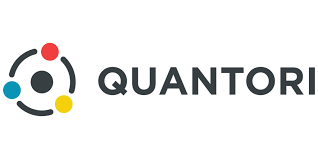



![]()


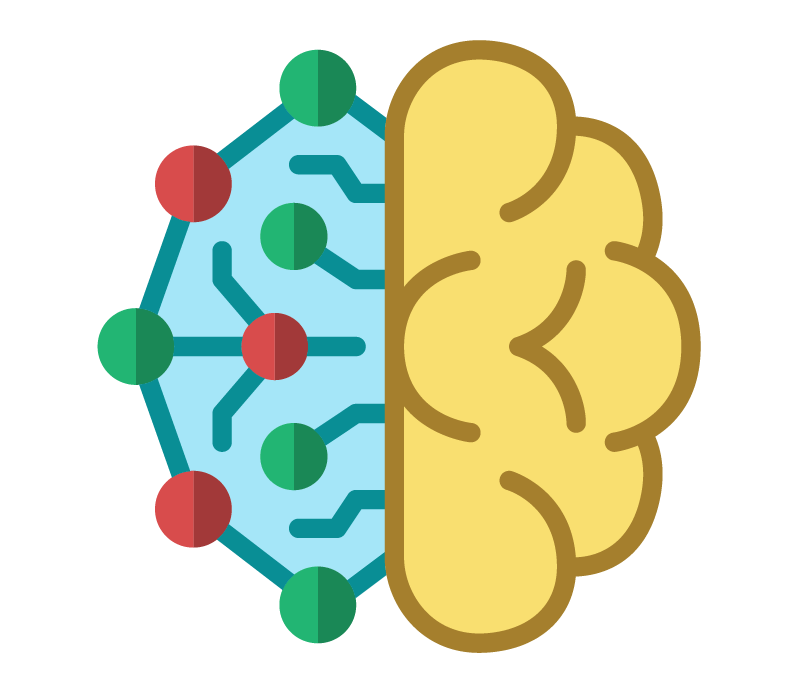
Register
On-Site Attendance Application
Organized by:





